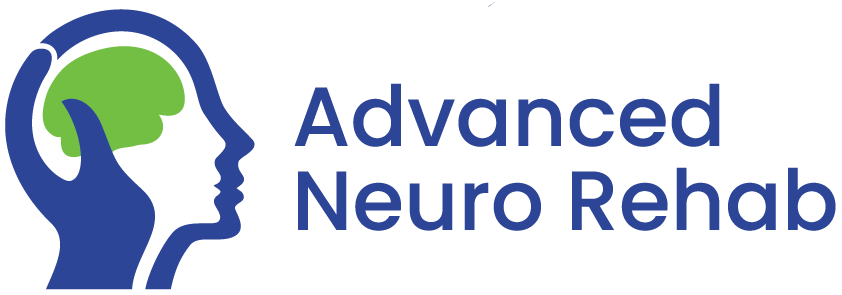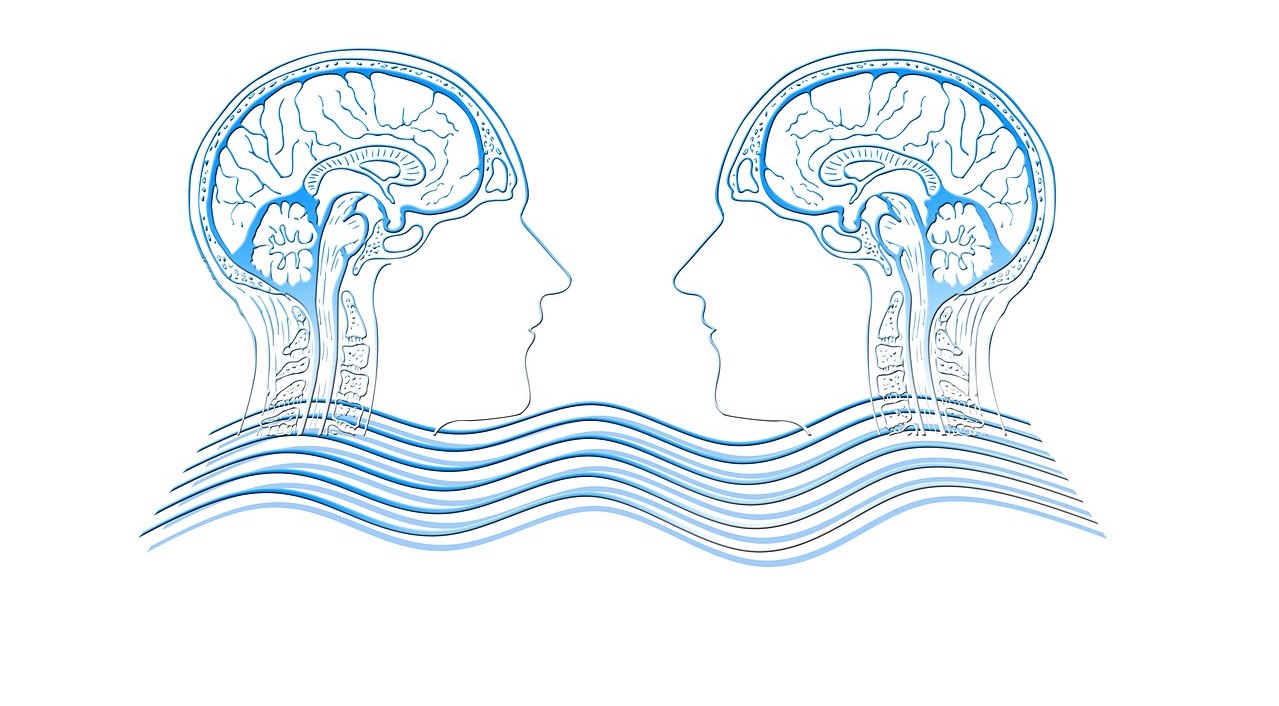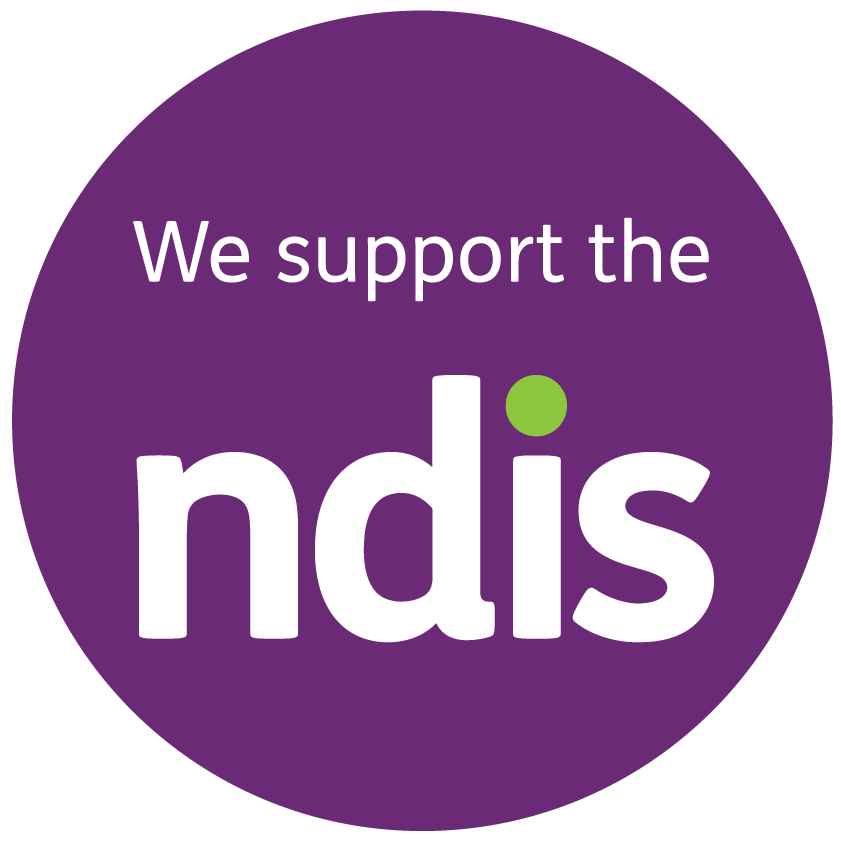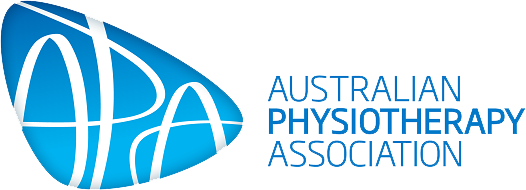April is Parkinson’s Awareness Month. Associate Professor James McLoughlin answers some questions about Neurological Physiotherapy and Parkinsons Disease
Why is neurological physiotherapy so important for people with Parkinson’s?
People with Parkinsons of all ages suffer with motor and non-motor symptoms that impact on their day-to-day life. Motor symptoms like slowness, stiffness, weakness, balance, falls, gait changes and tremor can all improve with specific exercises. Non-motor symptoms like pain, poor sleep, anxiety and cognitive difficulties can also improve with specific exercises. So, the important role of the neurological physiotherapist becomes a no brainer!
At Advanced Neuro Rehab we focus on these important steps
- Individualised assessment – everyone is different! That includes different symptoms, different medical conditions, different medications, different levels of physical activity, different life goals, and different plans. We focus on YOU and we try to take all of this into account! Plus, you are being assessed by a team with experience and special interest in Parkinsons – and that makes a huge difference!
- Movement Based training – we have a number of specific cognitive and motor control strategies to improve movement for various tasks. This also involves the basic principles of strength and conditioning.
- Forced Exercise – specific training techniques that improve symptoms much like taking a beneficial symptomatic drug!
- Fitness for health and neuroprotection. Aerobic fitness has become a big deal for people with Parkinson’s. It is now clear that aerobic fitness can modify the progression of the disease which is incredibly exciting. There are also other very important health benefits of aerobic fitness that cannot be ignored. If exercise were a drug, everybody on the planet would take it!
What excites you the most at the moment?
Over recent years forced exercise and aerobic fitness protocols that change both Parkinson’s symptoms and progression of the disease over time have certainly grabbed most of the headlines. I think it is very exciting for a few reasons. It changes our mindset about the importance of exercise and it is leading to more proactive referrals for exercise prescription in the community. Both Physiotherapists and Exercise Physiologists play a key role moving forward from here.
I am also pretty excited about the blending of cognitive and movement strategy training to help with some challenging sub-types of freezing of gait and other important movement dysfunctions that impact on the lives of people with Parkinson’s, especially in those with more advanced stages of Parkinsons.
What are the challenges?
Plenty! I would not pop the champagne bottle yet. Even with all the exciting research emerging about exercise, some careful individualised planning needs to occur to help people engage in an exercise program. Musculoskeletal conditions, injuries, medical conditions, cognitive changes, fatigue, sleep disorders, constipation, anxiety and chronic pain are just some of the barriers that neurological physiotherapists need to consider when designing a suitable program.
One of the major challenges we face in neurological physiotherapy is to determine ways to help those people with more advanced stages of Parkinsons. We know that some of the movement-based strategies we use in milder to moderate Parkinson’s may not be appropriate in those people with more severe disability. This becomes very important when considering risk of falls and injury, and how we navigate through these challenges.
What is next?
Just like Neurologists, there are not enough Neurological Physiotherapists around! So, our role in teaching and supporting other community-based health professionals such as Physiotherapists, Exercise Physiologists, Personal Trainers becomes even more important. Let’s be honest, ever since I can remember, most people in the community have very little understanding of the role of Neurological Physiotherapists, so we have some serious work to do! Our Parkinson’s FIGHTBACK groups are helping us understand how we can best improve confidence and quality of life in people with Parkinson’s Disease and over time we will ensure our clinic continues to update and improve.







